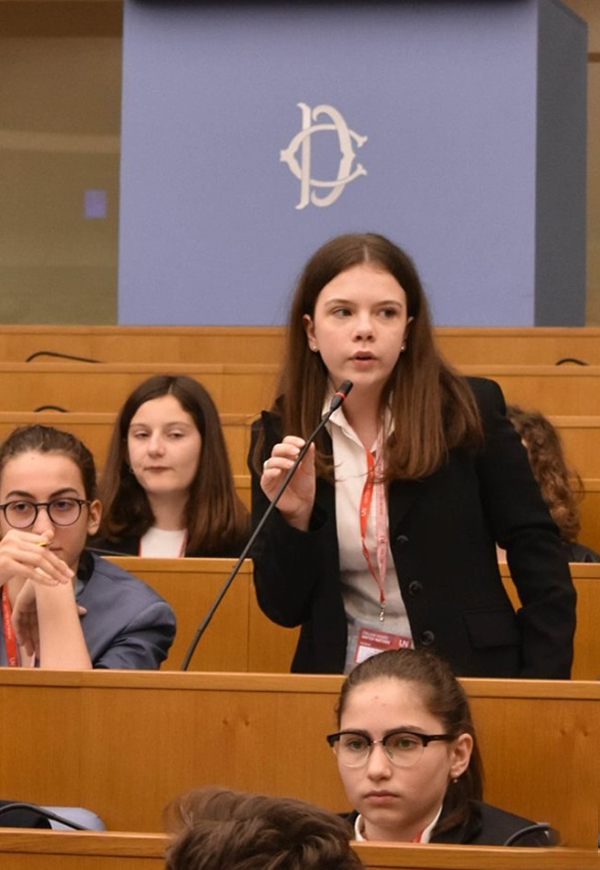REGIONAL EDITIONS
SNAP Iunior Rome
From 8 to 10 April 2026
SNAP is the simulation of the Chamber of Deputies, a three-day marathon in which you will play the role of a Member of the Republic. SNAP Junior Rome is a training project aimed at middle school students and organized by United Network, an organization that has been working for years in the world of education developing projects based on the method of “learning by doing”.

What is snap
SNAP is a simulation of the Chamber of Deputies in which you will play the role of a Member of the Republic. You will be part of a parliamentary group, along with other peers from other schools. The aim of the simulation is to debate, write and approve a bill, on one of the issues that faces in this legislature the “real” Chamber of Deputies. And to make everything more fun there will be crises, which you will have to face and manage with competence and cold blood.
WHEN IS THE SNAP Iunior Rome HELD
The simulation will take place in Rome from 8 to 10 April, 2026. The work will be held in Italian and will see the participation of students from all over Lazio. The work will be directed and coordinated by the staff board of United Network. This project also sees the involvement of Leonardo – Educazione Formazione Lavoro, a body that deals with the scientific and educational coordination of United Network projects.